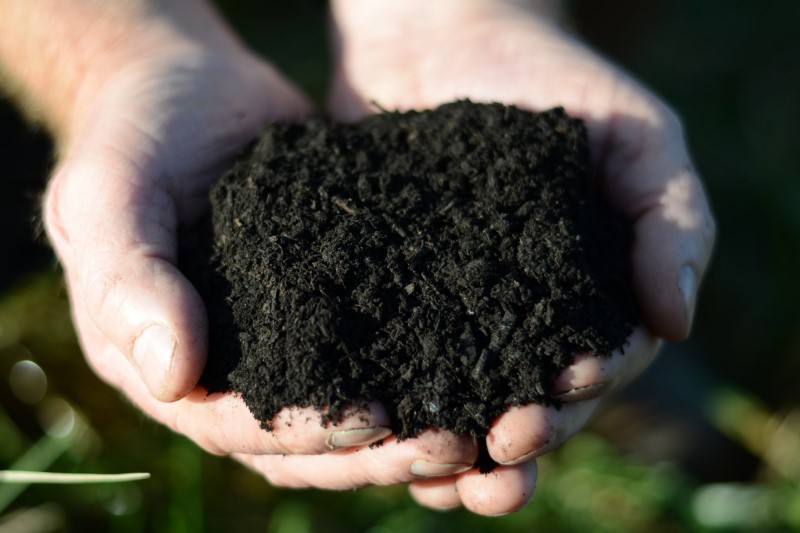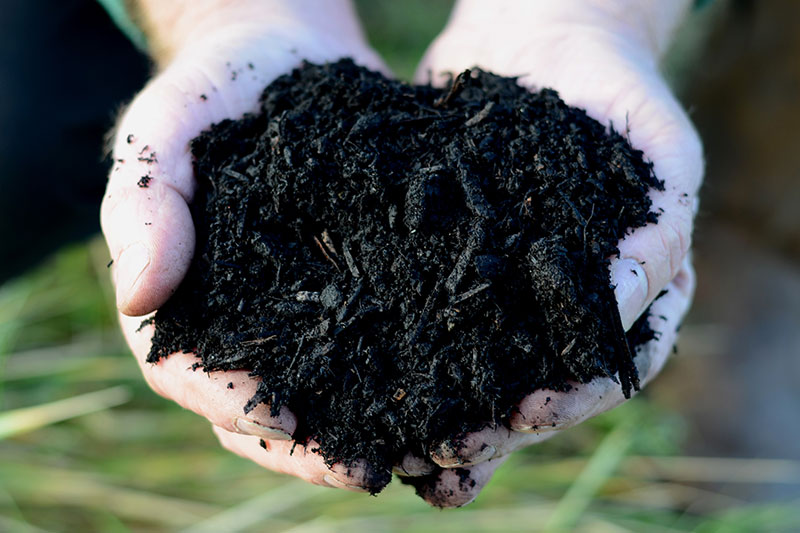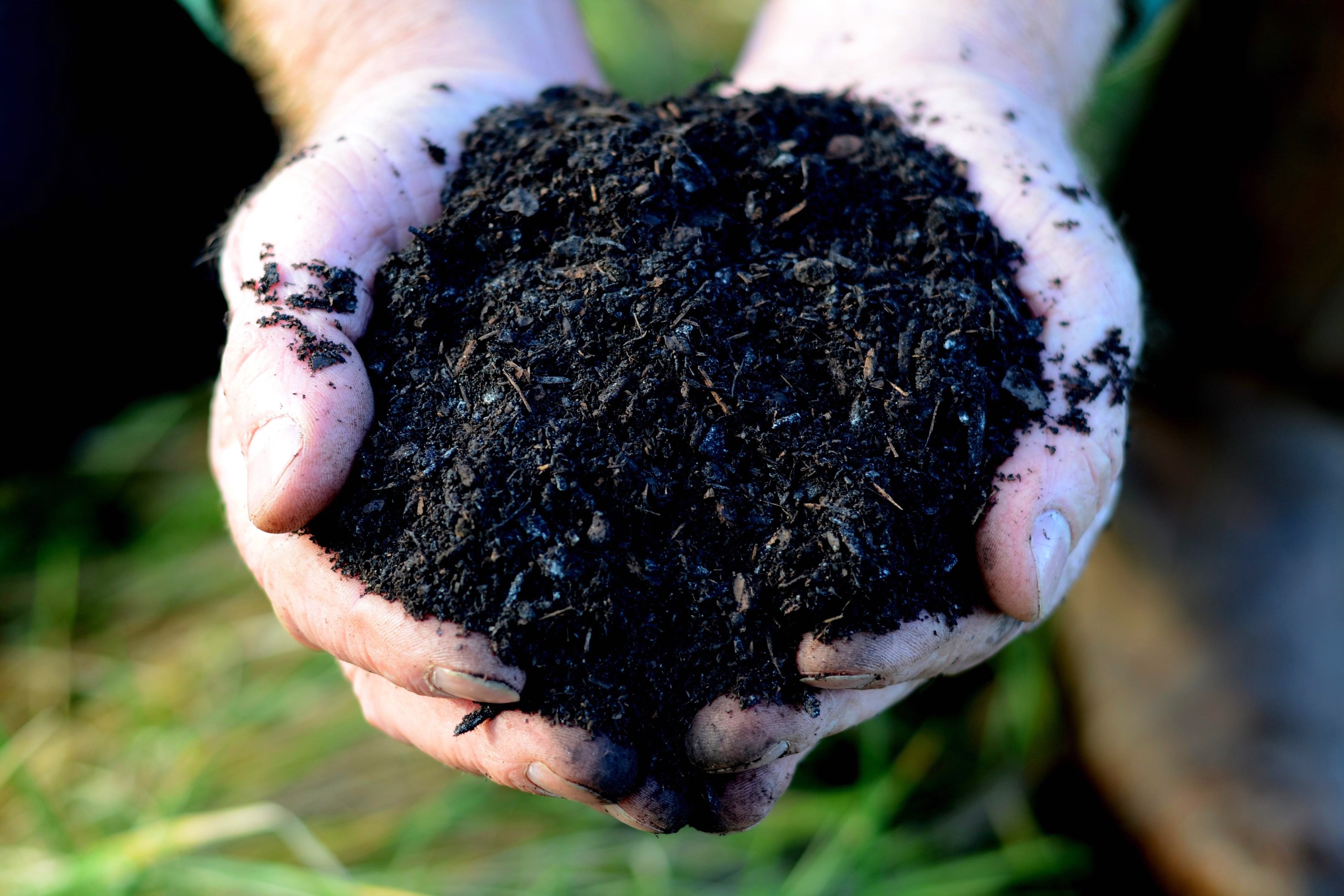Happy New Year! We hope that you have had a wonderful Christmas and time off from work!
If you are wondering what to do in your garden on this first bank holiday of the year, or for the rest of January, keep reading! This list will help you prepare for spring and keep your plants thriving throughout the rest of winter.
2024 also signifies a major change in UK gardening, with the use of peat being banned for amateur gardeners in England and Wales. Click here to learn more about peat and the ban, and check out our page on transitioning to peat free! All our products at Field Compost are peat free and have been since we began – browse them here.
Enjoy reading and enjoy your 2024!
General Garden Maintenance:
- Clear soggy leaves, algae and moss from paths, patios, decking and steps if they start to become slippery.
- Clean and sharpen tools, including hoes, secateurs and shears.
- Give your empty pots and seed trays a thorough scrubbing, ready for the start of the sowing season.
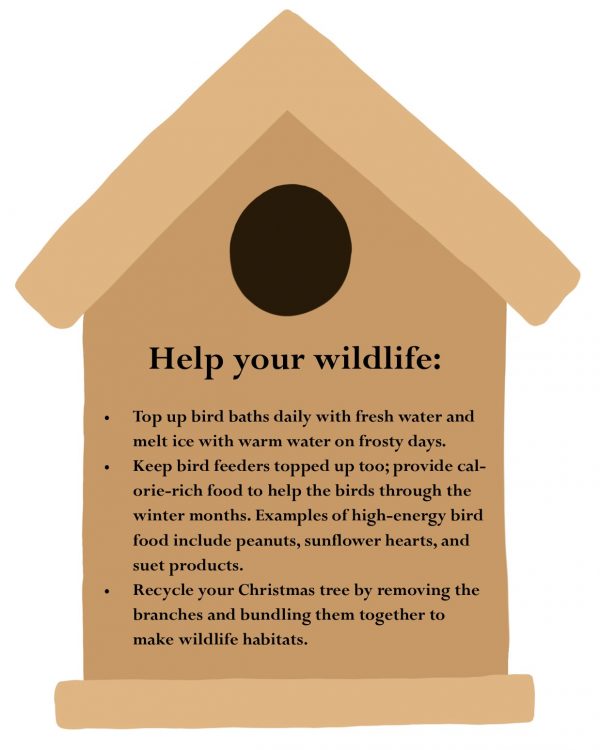
Greenhouse:
- Check your greenhouse heaters are working properly; use a maximum-minimum thermometer to test the accuracy.
- Remove snow from the greenhouse and conservatory roofs to prevent damage and allow good light penetration.
- Do a bit of tidying up; remove leaves and twigs from the guttering of sheds and greenhouses, and get rid of any broken pots, old compost, or debris.
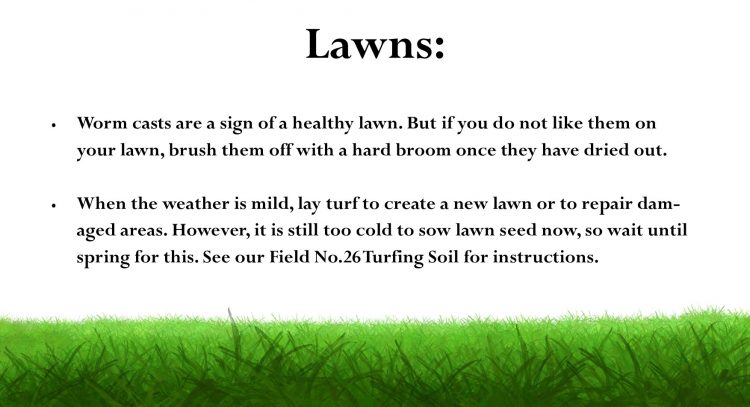
Trees and Shrubs:
Jobs:
- Protect newly planted trees, hedges and shrubs from cold winds and frosts. Use thick, dry mulches like Field No.1 Organic Soil Improver, to protect the roots from cold.
- Branches can be covered with straw or bracken and secured with fleece and ties to protect them from frost damage.
- If it snows, you may need to brush it off the branches of conifers, climbers, and light-limbed shrubs and trees. This is because heavy snowfall can splay branches, break limbs and spoil the shape of the tree.
To plant:
- Plant roses using Field No.16 Tree and Shrub Soil Improver when planting in beds and borders, or Field No.23 Peat Free Professional Potting Blend Compost when planting in pots.
- Continue to plant bare-root deciduous hedging plants and trees. Use Field No.1 Organic Soil Improver or Field No.16 Tree and shrub Soil Improver mixed with spoil from planting pit.
Flowers:
Jobs:
- Keep tubs and containers tidy; cut back and remove debris regularly. They can also be mulched with compost or grit, for instance, our Field No.12 Nutrimulch.
- Bare patches can be mulched with Field No.1 Organic Soil Improver.
- Continue pruning climbing roses while they are dormant.
- Order catalogues for spring planting of summer flowering bulbs, bedding and herbaceous perennials.
To Plant:
The following flowers can be planted in our Field No.23 Peat Free Professional Potting Blend Compost:
- Sow seeds of Begonia, Lobelia, Salvia and Pelargonium in a heated greenhouse or propagator to provide early plants.
- Plant Lily bulbs in pots and borders during mild spells.
- Plant Geraniums, Dahlias, and Petunias.
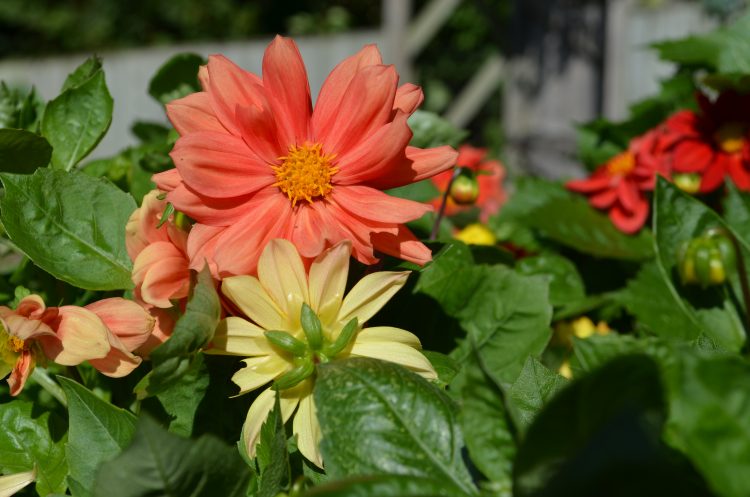
Fruit and Veg:
Jobs:
- Prune apple and pear trees to remove any dead, damaged, congested, and diseased branches. Click here to view the RHS’s Guide to pruning trees.
- Plan your vegetable crop rotations for the coming season. This is to ensure you grow each type of crop in a different bed to previous years. Crop rotation is a key aspect to maintaining a healthy soil: read this article about soil health for December’s World Soil Day.
- Clear old crops and weeds from the veg plot. Once empty, add a thick layer of well-rotted organic matter or compost. Field No.1 Organic Soil Improver is perfect for this; just mulch early with a generous layer of Field 1 and plant through it. The winter weather will help to break down the mulch and release nutrients into the soil and help soil structure.
To Plant:
Use Field No.23 Peat Free Professional Potting Blend Compost for planting the following fruit and vegetables:
- Sow winter salads in the greenhouse, conservatory, or on a sunny windowsill, for harvests within a few weeks.
- Chillies and peppers: these require a long growing season so plant them somewhere warm and bright, e.g., in a heated greenhouse or on a warm sunny windowsill.
- Aubergines
- Basil
- Sow seeds of lettuces, summer brassicas (e.g., cabbages and cauliflowers), spinach, salad onions and turnips for an early crop.
